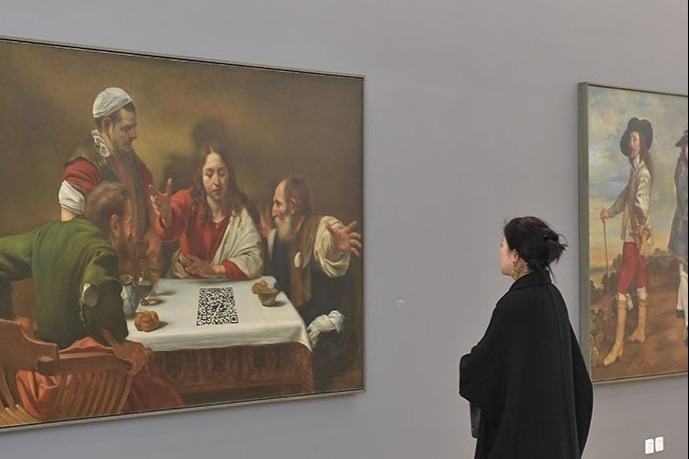New world record in quantum computing set by team from USTC

Chinese scientists have set a world record for the entanglement of 18 quantum bits, keeping their lead in the field of quantum computing.
The research by scientists at the University of Science and Technology of China was recently published in the academic journal, Physical Review Letters.
The manipulation of multiparticle entanglement is the core of quantum computing technology and has been the focus of an international research competition, said Pan Jianwei from the Chinese Academy of Sciences, one of the leading scientists behind the study.
Many scientists believe quantum computing could in some ways dwarf the processing power of today's supercomputers. One analogy to explain the concept of quantum computing is that it is like being able to read all the books in a library at the same time, whereas conventional computing is like having to read them one after another.
In normal silicon computer chips, data is rendered in one of two states: 0 or 1. However, in quantum computers, data can exist in both states simultaneously, providing them with the ability to hold more information exponentially.
The computing power of a quantum computer grows exponentially with the number of quantum bits that can be manipulated. This could effectively solve large computation problems that are beyond the ability of current classical computers, Pan said.
For example, a quantum computer with 50 quantum bits would be more adept in solving quantum sampling problems than the fastest supercomputer around today.
Pan's team has been at the forefront of global developments, achieving the first five, six, eight and 10 entangled photons in the world.
Due to the enormous potential of quantum computing, Europe and the United States are actively collaborating in their research. High-tech companies, such as Google, Microsoft and IBM, also have a huge interest in quantum computing research.
In May 2017, Chinese scientists built the world's first quantum computing machine that outstripped the processing power of conventional computers, paving the way for the ultimate realization of quantum computing.
Pan said quantum computers could, in principle, solve certain problems faster than classical computers. Despite substantial progress over the past two decades, building quantum machines that can outperform classical computers in specific tasks - an important milestone termed "quantum supremacy" - still remains a challenge.
Xinhua
(China Daily 07/18/2018 page20)




































